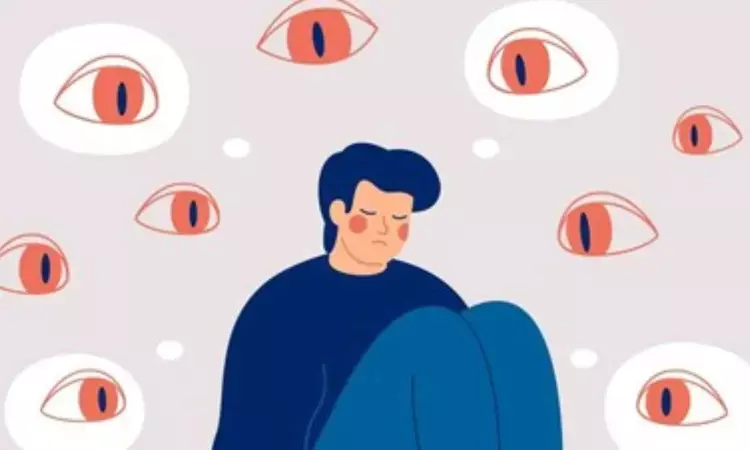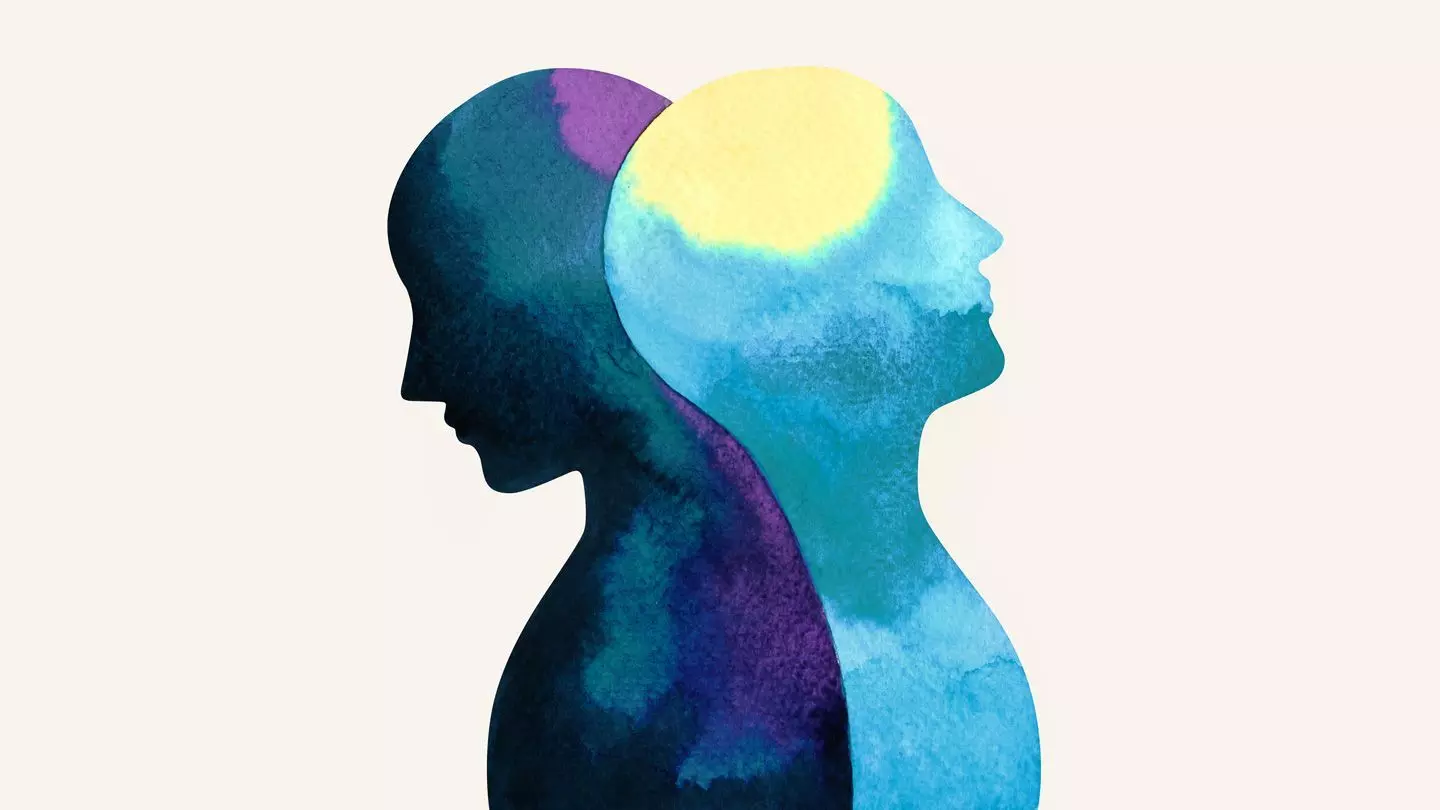- Home
- Medical news & Guidelines
- Anesthesiology
- Cardiology and CTVS
- Critical Care
- Dentistry
- Dermatology
- Diabetes and Endocrinology
- ENT
- Gastroenterology
- Medicine
- Nephrology
- Neurology
- Obstretics-Gynaecology
- Oncology
- Ophthalmology
- Orthopaedics
- Pediatrics-Neonatology
- Psychiatry
- Pulmonology
- Radiology
- Surgery
- Urology
- Laboratory Medicine
- Diet
- Nursing
- Paramedical
- Physiotherapy
- Health news
- Fact Check
- Bone Health Fact Check
- Brain Health Fact Check
- Cancer Related Fact Check
- Child Care Fact Check
- Dental and oral health fact check
- Diabetes and metabolic health fact check
- Diet and Nutrition Fact Check
- Eye and ENT Care Fact Check
- Fitness fact check
- Gut health fact check
- Heart health fact check
- Kidney health fact check
- Medical education fact check
- Men's health fact check
- Respiratory fact check
- Skin and hair care fact check
- Vaccine and Immunization fact check
- Women's health fact check
- AYUSH
- State News
- Andaman and Nicobar Islands
- Andhra Pradesh
- Arunachal Pradesh
- Assam
- Bihar
- Chandigarh
- Chattisgarh
- Dadra and Nagar Haveli
- Daman and Diu
- Delhi
- Goa
- Gujarat
- Haryana
- Himachal Pradesh
- Jammu & Kashmir
- Jharkhand
- Karnataka
- Kerala
- Ladakh
- Lakshadweep
- Madhya Pradesh
- Maharashtra
- Manipur
- Meghalaya
- Mizoram
- Nagaland
- Odisha
- Puducherry
- Punjab
- Rajasthan
- Sikkim
- Tamil Nadu
- Telangana
- Tripura
- Uttar Pradesh
- Uttrakhand
- West Bengal
- Medical Education
- Industry
Risk of mental disorders higher among offsprings of parents with Mental Health issues

In a pioneering study conducted by the New South Wales Child Development Study, researchers have delved into the intricate relationships between childhood schizotypy risk profiles and the diverse spectrum of parental mental disorders. This research, encompassing 22,137 children, opens new avenues for understanding the complex interplay between early signs of schizotypy and familial mental health dynamics. The study's findings challenge the notion that childhood schizotypy risk profiles are specifically linked to familial susceptibility to schizophrenia-spectrum disorders.
The study results were published in the journal Social Psychiatry and Psychiatric Epidemiology.
Schizotypy encompasses observable behavioral, cognitive, and personality traits indicating susceptibility to schizophrenia. This concept originated from recognizing that healthy relatives of individuals with psychosis exhibited traits resembling symptoms of schizophrenia. The hypothesis emerged that the root cause of schizophrenia's etiology could manifest across a spectrum of phenotypes, spanning from schizotypy to full-blown schizophrenia. Based on the prior research, where risk profiles for schizophrenia-spectrum disorders in middle childhood were established, researchers focused on unraveling the connections between childhood schizotypy and parental mental health across various diagnostic categories.
Utilizing multinomial logistic regression analyses, the research aimed to shed light on the likelihood of children falling into specific schizotypy profiles—namely, true schizotypy, introverted schizotypy, and affective schizotypy—in comparison to those exhibiting no risk. The pivotal factor under consideration was the parental mental health status, examining maternal and paternal diagnoses of seven different mental disorders.
Key Findings:
- What emerged from the extensive analysis was a universal association between all types of parental mental disorders and membership in childhood schizotypy profiles.
- The true schizotypy group stood out, with children in this category being more than twice as likely as those with no risk of having a parent with any mental disorder.
- Notably, children falling into the affective and introverted schizotypy profiles also exhibited higher likelihoods of exposure to parental mental disorders compared to those with no identified risk.
The study's revelations challenge prevailing notions that childhood schizotypy risk profiles are specifically tied to familial susceptibility to schizophrenia-spectrum disorders. Instead, a more nuanced understanding has emerged, suggesting a broader model where liability for psychopathology extends beyond specific diagnostic categories.These findings hold profound implications for both research and clinical practice. Understanding the intricate connections between childhood schizotypy and diverse parental mental health factors allows for a more holistic approach to mental health assessments. The study encourages a departure from categorical thinking, emphasizing the need for a comprehensive understanding of familial mental health dynamics.
Further reading: Parental mental disorders and offspring schizotypy in middle childhood: an intergenerational record linkage study. https://doi.org/10.1007/s00127-023-02455-7
BDS, MDS
Dr.Niharika Harsha B (BDS,MDS) completed her BDS from Govt Dental College, Hyderabad and MDS from Dr.NTR University of health sciences(Now Kaloji Rao University). She has 4 years of private dental practice and worked for 2 years as Consultant Oral Radiologist at a Dental Imaging Centre in Hyderabad. She worked as Research Assistant and scientific writer in the development of Oral Anti cancer screening device with her seniors. She has a deep intriguing wish in writing highly engaging, captivating and informative medical content for a wider audience. She can be contacted at editorial@medicaldialogues.in.
Dr Kamal Kant Kohli-MBBS, DTCD- a chest specialist with more than 30 years of practice and a flair for writing clinical articles, Dr Kamal Kant Kohli joined Medical Dialogues as a Chief Editor of Medical News. Besides writing articles, as an editor, he proofreads and verifies all the medical content published on Medical Dialogues including those coming from journals, studies,medical conferences,guidelines etc. Email: drkohli@medicaldialogues.in. Contact no. 011-43720751




